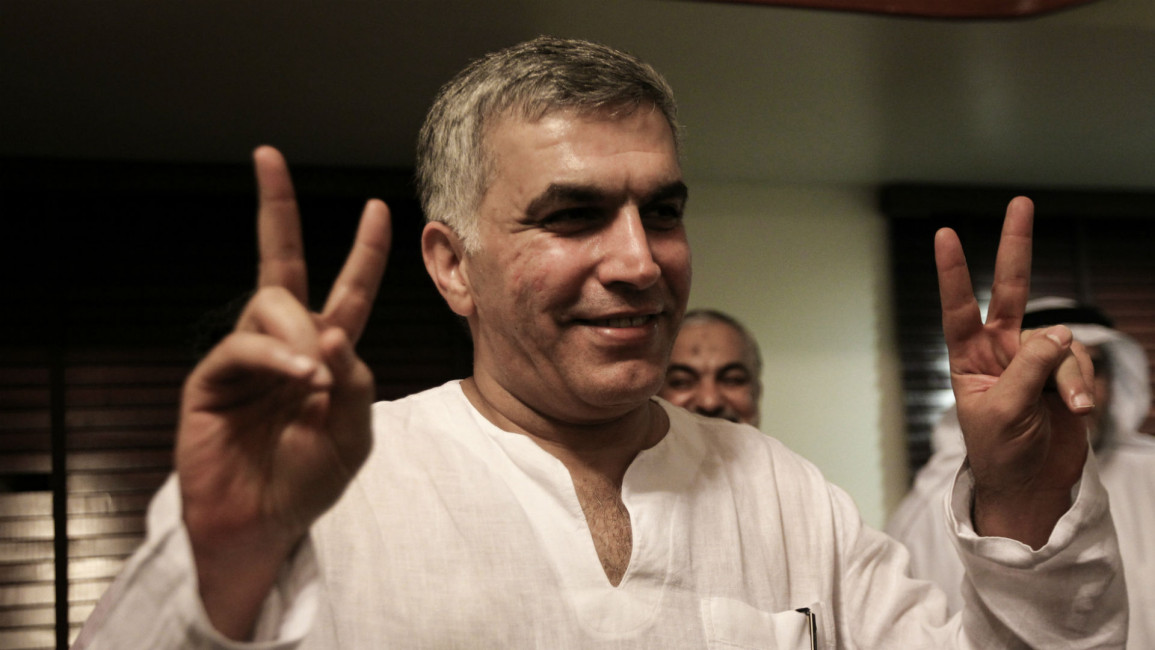Bahrain refuses to release activist Nabeel Rajab as Pompeo touches down
The remarks by the General Directorate of Anti-Corruption and Economic and Electronic Crimes came a week after the UN human rights office called on Bahrain to "immediately and unconditionally release" Nabeel Rajab.
Rajab, who played a key role in anti-government protests in 2011, lost his final appeal on 31 December against a five-year jail term for writing tweets deemed offensive to the state.
Bahrain's supreme court, whose verdicts are final, upheld the jail term against him.
"Nabeel Rajab posted false and malicious tweets which do not fall within the freedom of expression," Bahrain's anti-corruption unit said in Friday's statement.
It said Rajab "posted false and malicious tweets harming the civil peace and social harmony".
"They amount to legal violations which do not fall within the protections for freedom of expression that are guaranteed by Bahrain's constitution."
Twitter Post
|
It accused Rajab of several false tweets and re-tweets including of claims "that hundreds of inmates in the Jaw prison had suffered fractures and hundreds were bleeding from their heads because of physical attacks and torture".
The statement came as US Secretary of State Mike Pompeo arrived in Bahrain on Friday on the latest leg of a whistle-stop Middle East tour.
It was not immediately known if Pompeo would raise human rights issues in Bahrain - a key US ally that hosts the home base of the Fifth Fleet.
Bahrain is part of a Saudi-led bloc that severed ties with Qatar in 2017 over accusations of supporting extremism and being too close to regional rival Iran, charges Doha has vehemently denied.
Bahrain later announced it would jail anyone in the kingdom who expressed sympathy for Qatar over the sanctions and blockade.
The move followed a similar announcement by the UAE to punish anyone expressing sympathy with Qatar with between three and 15 years in jail and a fine of 500,000 dirhams ($136,125).
Authorities have jailed dozens of high-profile activists and disbanded both religious and secular opposition groups since protests demanding political change erupted in 2011.
They have stripped hundreds of those convicted of their citizenship, leaving many stateless.



